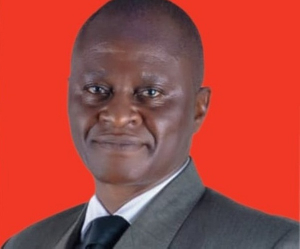Senior Advisor for Political Party Programs at the National Democratic Institute, Sefakor Ashiagbor, says the inability of political parties to report their financial information, as the constitution requires, is among many loopholes in the political financing laws in Ghana.
Speaking on “Law In Crisis,” a webinar hosted by the University of Ghana School of Law, she said that political financing serves as a tool for regulating and facilitating the functioning of desired political parties and systems.
She also stressed that, like other countries, Ghana faces challenges pertaining to campaign financing, yet there are some discrepancies that need to be addressed.
“In my reading of the current political party law, political parties have to report their financial information, but candidates don’t; that’s a loophole,” she said.
According to her, “another potential challenge is that there is a brief reference that basically suggests that political parties who don’t comply with the law can be deregistered by the electoral commission and in my perspective that’s potentially challenging from the perspective of proportionality.”
She, however, suggested that in the process of reviewing the legal framework of campaign financing in Ghana, strict regulations directed at political parties must be relaxed but enforced appropriately.
“My plea would be that as legal frameworks are being reviewed, I would encourage people to think about not just controlling or restricting bad things but promoting good things. There is such a thing as too much regulation of our political parties, I think we mustn’t forget that political parties at the end of the day are tied to fundamental rights in terms of freedom of association and expression and then I think whatever the framework is, we have to think seriously about enforcement,” she added.
Politics of Friday, 21 August 2020
Source: universnewsroom.com

















